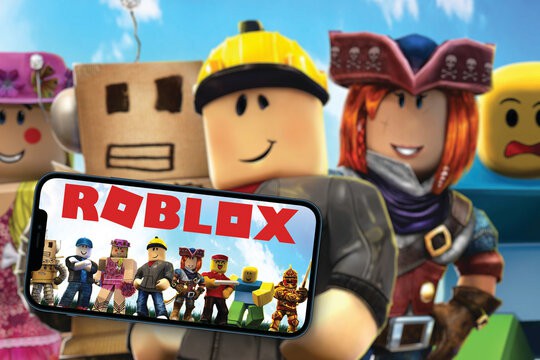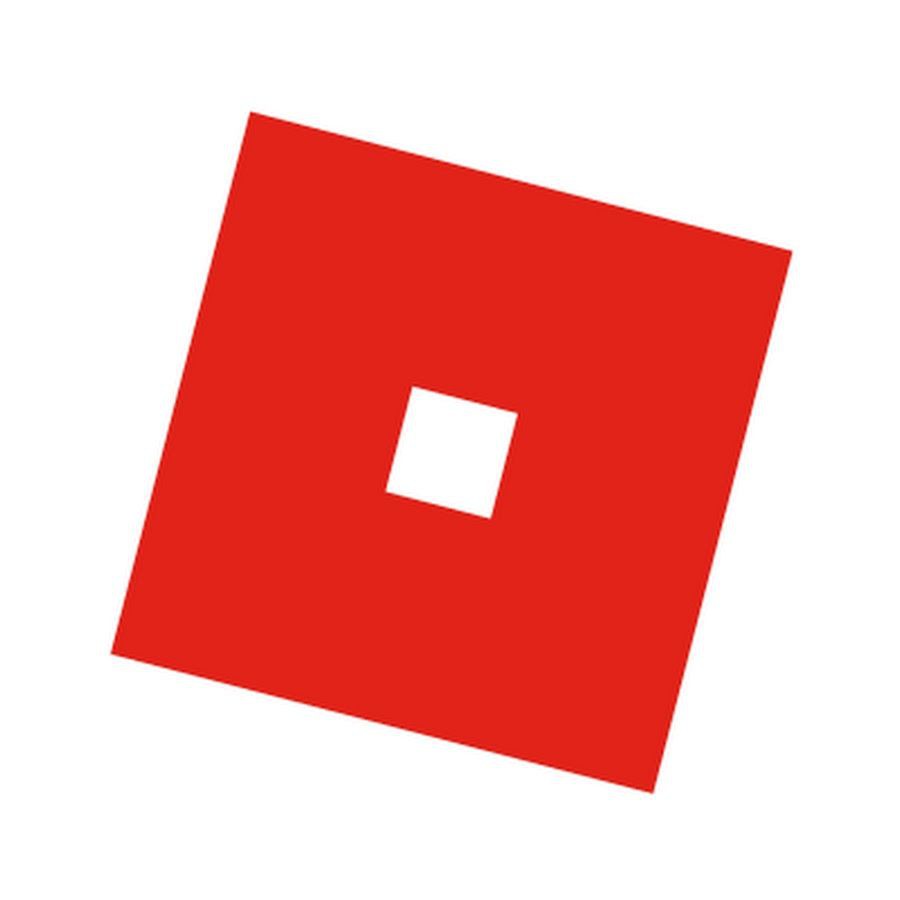The Economic Landscape of Roblox: Digital Entrepreneurship and Monetization
A major factor in Roblox’s success is its highly effective and innovative economic model, which has not only driven the platform's growth but also revolutionized the way creators earn income in the gaming industry. Central to this model is Robux, the virtual currency used within the platform. Robux can be spent on in-game purchases, such as avatar customization, premium content, and game passes, which enhance the gaming experience. Players can buy Robux using real-world money, while developers can earn Robux through in-game transactions, whether by selling virtual items, offering paid access to games, or creating in-game currency systems. This currency structure incentivizes developers to create engaging and monetizable content, ensuring a constant flow of new experiences that players are willing to invest in. One of the most transformative aspects of this system is the Developer Exchange (DevEx) program, which allows game creators to exchange Robux for real-world currency. Through this program, Roblox has created an ecosystem where developers can earn substantial income from their games, allowing them to continue improving and updating their content.

This monetization system has led to the rise of a new wave of digital entrepreneurship. Independent creators, some as young as 13, have used Roblox as a platform to build thriving businesses. The platform’s most successful games have earned millions of dollars in revenue, and the success stories of creators like the developers behind Adopt Me!, Brookhaven, and Arsenal highlight the enormous potential for earning through the platform. These creators are not just making pocket change; they are building businesses, hiring other developers, and, in some cases, turning their Roblox projects into full-time careers. Adopt Me! is a prime example of this success. Originally launched in 2017, the game became one of the most played and most profitable games on the platform. The game’s developer, who started out as a hobbyist game designer, has since turned their Roblox success into a multi-million-dollar business. The monetization of in-game purchases, which allow players to buy pets, virtual currency, and other cosmetic items, has made Adopt Me! a massive financial success. The success of games like Adopt Me! and Brookhaven shows that the potential for earning on Roblox is not limited to a few outliers but is a viable opportunity for any developer who can attract a dedicated player base.

 100
Play
100
Play
The virtual economy of Roblox has also extended to the concept of virtual goods and services. In-game items, avatars, and skins have become valuable commodities, with some virtual items being traded for significant sums. The popularity of Roblox games has led to the rise of a marketplace for virtual goods, where players can buy, sell, and trade items. The exchange of virtual goods has created a mini-economy within the platform, where rare items or special in-game features can fetch high prices in Robux. This virtual economy mirrors the real-world economy in many ways, where supply and demand drive the value of goods, services, and experiences. This system of virtual trade has been extended beyond the games themselves, as Roblox has incorporated events, promotions, and collaborations with major brands to introduce limited-time virtual items, further driving player engagement and in-game spending. In this way, Roblox has not only created a space for independent developers to thrive but has also turned its platform into a fully integrated digital economy.


